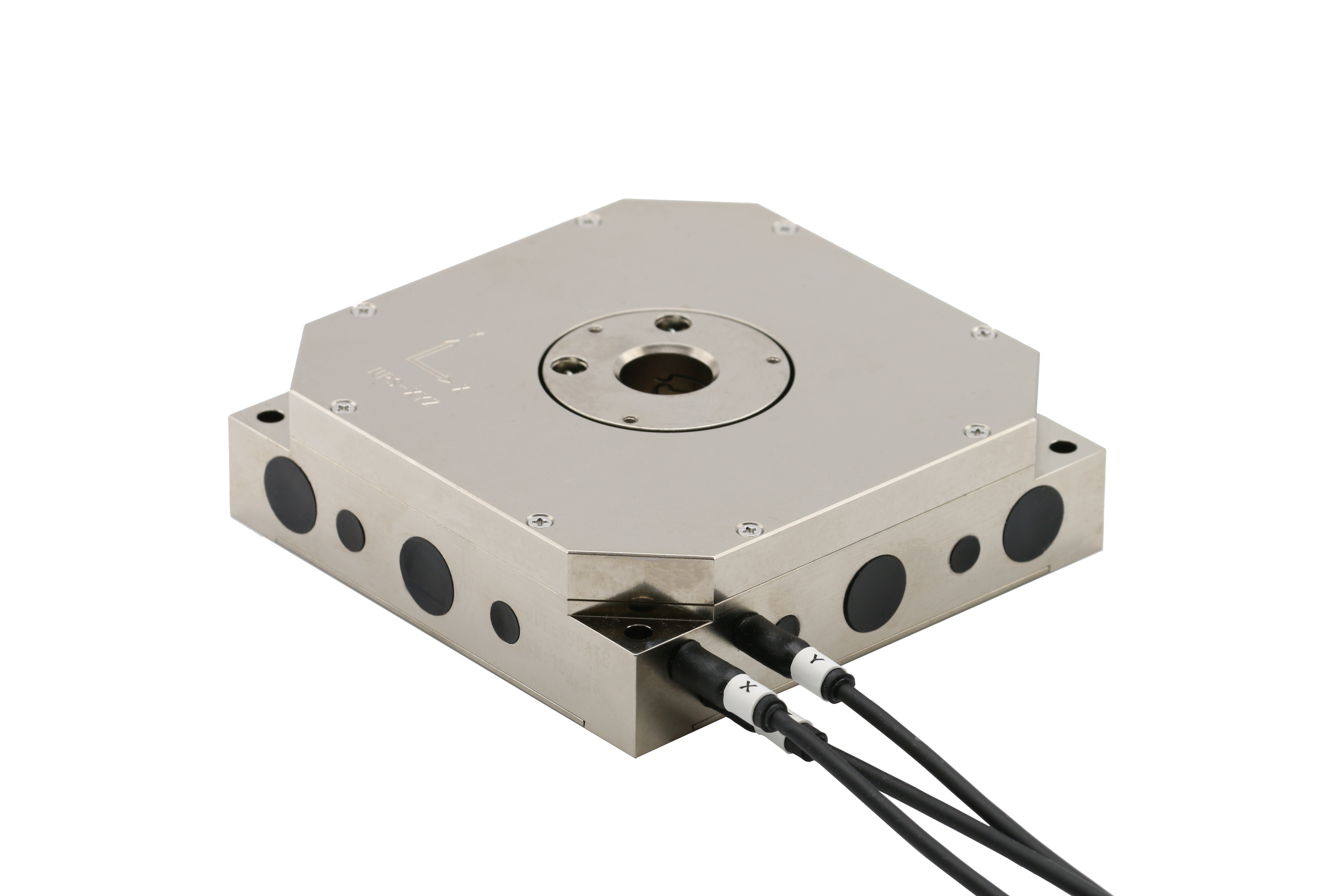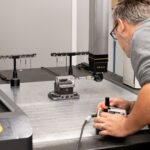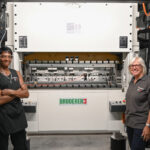One of the world’s leading brands in professional headsets has turned to the power of Creo to push the boundaries of audio excellence.
Jabra, which is part of the global GN Group, has extended its long-term relationship with Reading-based PTC to ensure that its engineering team can continue to turn designers’ sketches into finished products that are used by hundreds of thousands of consumers in the office, home, and music studio every year.
The digital transformation’s specialist software has been the preferred CAD tool for more than five years and this is being driven by industry-leading surface modelling features.
“Once upon a time, a headset was a relatively simple design that was straightforward for both designer and engineer,” said Claus Ellegaard Madsen, Senior Mechanical Engineer at GN, the company behind the Jabra brand.
“Today, the story is different, with modern headsets being based on highly complex, organic designs to ensure the best possible user experience.”
He continued: “As you would expect, our design requirements are increasing all the time, and we wouldn’t be able to do these extremely complex organic designs without the help of Creo and the possibilities it offers in terms of, for example, very complex surface modelling.”
One of Jabra’s overall design philosophies is to have a master model that contains almost all the components in the Jabra universe. This makes it easier for the company to collaborate across the organisation, as all departments refer to the same master and the same data.
“It helps us in the sense that we can further develop on the foundation we already have and reuse the design elements that work well for us – both in terms of optimising the individual designs and minimising the risk of errors,” said Claus.
PTC’s Elliot Clarke added his support: “With ever-increasing customer demands and, therefore an increased focus on design, Creo plays an important role in Jabra’s design phase. The ISDX module in Creo allows design engineers to control everything about surfaces.
“They start with curves, they build surfaces on those curves, and they can really control the flow and curvature of the surfaces as they connect. It’s great to see Jabra utilising these technologies to deliver a best-in-class audio experience to their customers and we look forward to working with them in the future.”
For further information, please visit www.PTC.com or www.jabra.co.uk








